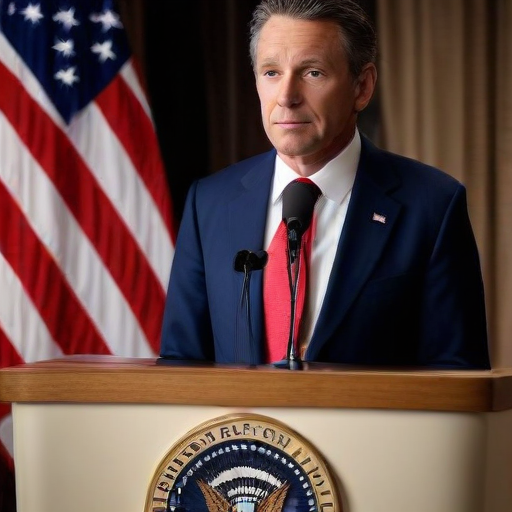The evolving Cabinet picks by President-elect Donald Trump are raising eyebrows and sparking discussions about the direction of his upcoming administration. Notable candidates include Rep. Matt Gaetz for Attorney General, who is under investigation for allegations of sexual misconduct, and Pete Hegseth, a Fox News host, for Secretary of Defense. Tulsi Gabbard, a former Democratic congresswoman with ties to Russia, is being considered for Director of National Intelligence.
Some analysts suggest that Trump’s unconventional choices aim to disrupt the status quo in Washington. Scott Jennings, a Republican commentator, indicated that these selections could bolster Trump’s momentum in the Senate, relying on his perceived electoral mandate. Gaetz’s loyalty to Trump, as highlighted by his fellow Democrat Jared Moskowitz, suggests he could have significant influence in the Justice Department, aligning with Trump’s ambitions to reform national security and the Department of Justice.
Trump is also advocating for a fast-track process that would allow him to sidestep the traditional Senate confirmation mechanisms via recess appointments. This strategy marks a significant shift from previous Republican stances, as they had previously contested such attempts during the Obama administration over concerns of executive overreach.
Some in the Republican Party are expressing confusion over Trump’s unconventional choices, particularly regarding Hegseth. While some support the direction Trump is heading, including Senator Markwayne Mullin, there are mixed sentiments concerning the effectiveness of these nominees. The overarching goal appears to be a swift and substantial transformation of the executive branch, aiming to consolidate presidential power.
Looking ahead, the dynamics surrounding Trump’s Cabinet selections and proposed governance strategies highlight an important pivot in Republican strategy and potential governance. While skepticism exists regarding some nominees, Trump’s determination to reshape federal agencies and assert executive authority could signal a new era in American politics, characterized by heightened tension between the branches of government but also the potential for significant change.
Overall, this transition period can be viewed as an opportunity for re-evaluation and renewed engagement in political discourse at all levels of government, emphasizing the importance of checks and balances while voters closely monitor the unfolding developments.
